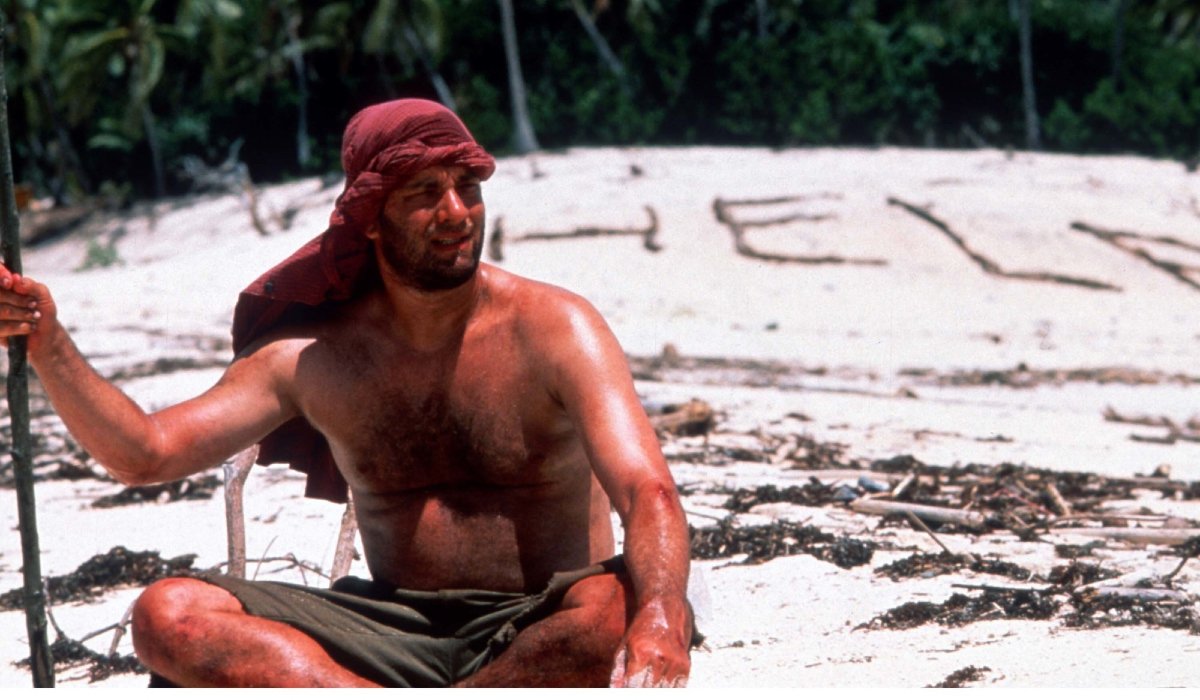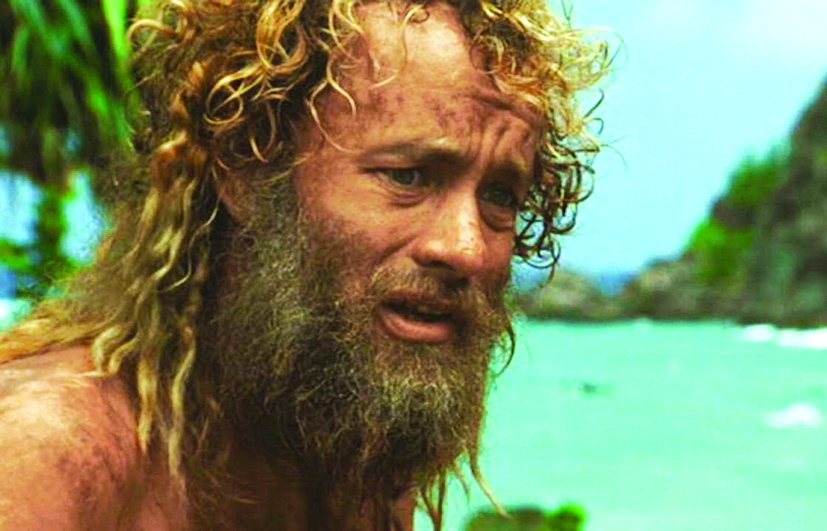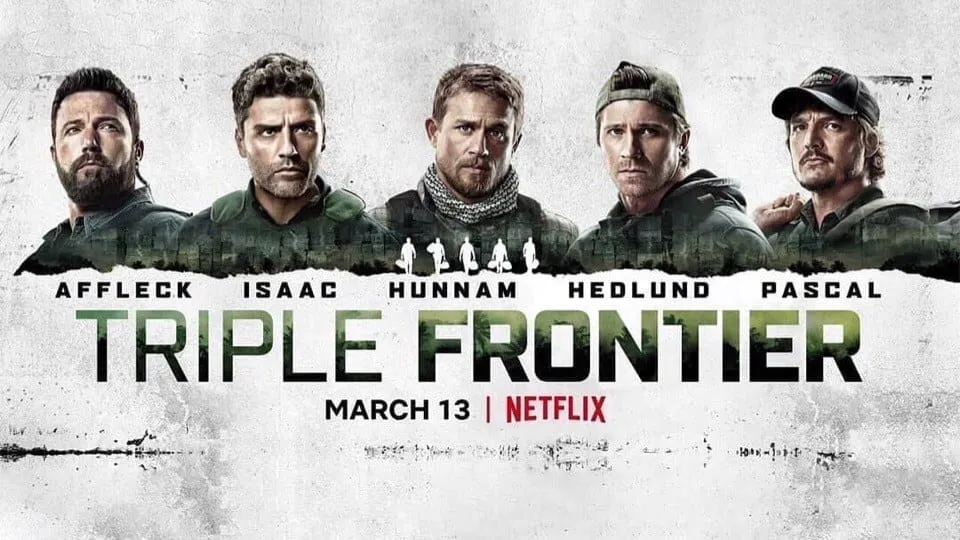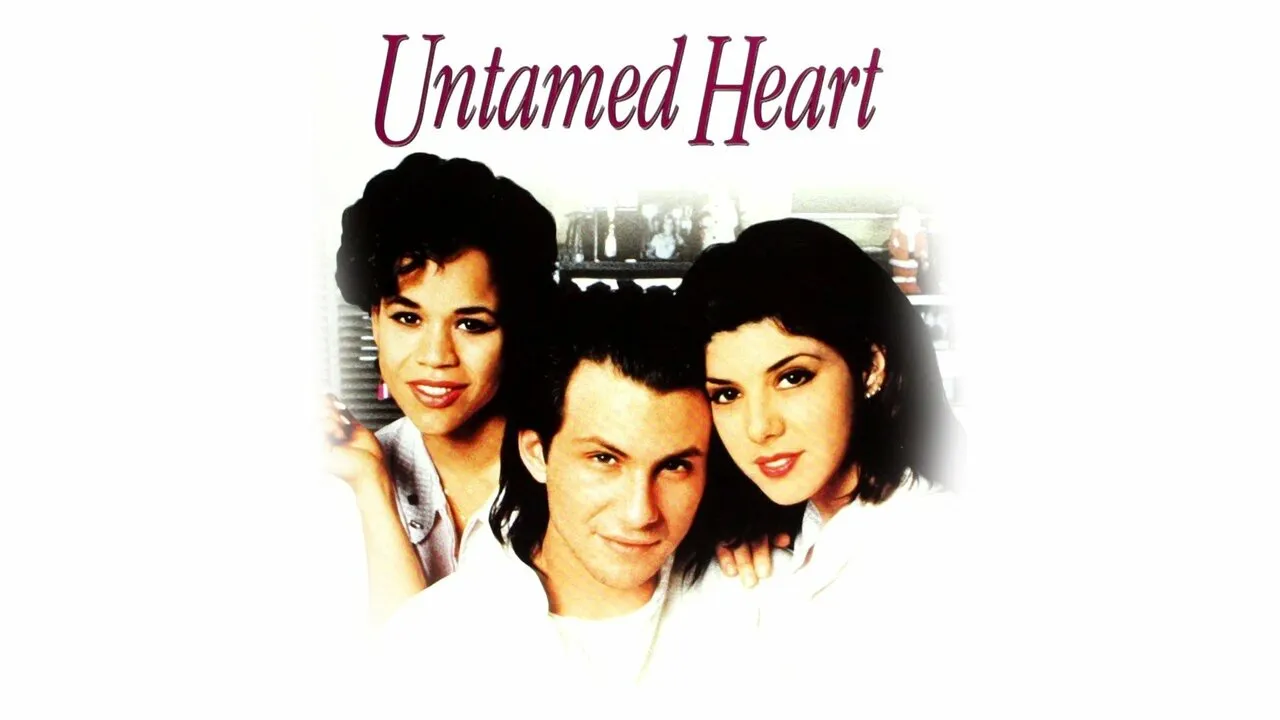Survival and Solitude: A Deep Dive into Cast Away (2000)
Cast Away (2000), directed by Robert Zemeckis and starring Tom Hanks, is a compelling tale of survival, transformation, and the human spirit. The film explores what happens when a man is stripped of all the conveniences and social structures of modern life and forced to survive in complete isolation. It is not merely a survival story, but also a profound meditation on time, resilience, and the essence of being human.
Tom Hanks plays Chuck Noland, a systems analyst for FedEx, who is obsessed with time and efficiency. His fast-paced life comes to a sudden halt when the FedEx cargo plane he is on crashes in the South Pacific during a storm. Chuck is the sole survivor, washed ashore on a remote, uninhabited island. From this moment, the film shifts into a nearly dialogue-free journey as Chuck battles nature, isolation, and despair in his quest to survive.
One of the most powerful aspects of Cast Away is its commitment to realism. The film does not glamorize survival. Chuck struggles with the basics—finding food, making fire, and staying sane. His physical transformation, including significant weight loss and growing a long beard, mirrors his emotional and psychological journey. The audience watches as a man defined by his job and schedule slowly reconnects with the raw instincts of survival and rediscovery.
A central element of Chuck’s time on the island is "Wilson," a volleyball that washes ashore from a FedEx package. After painting a face on it with his bloodied handprint, Wilson becomes Chuck's companion, a lifeline for his deteriorating mental state. Through his conversations with Wilson, the audience gains insight into Chuck's inner turmoil, loneliness, and emotional breakdown. The relationship between man and object may seem absurd on the surface, but it becomes one of the most emotionally resonant aspects of the film.

What sets Cast Away apart from other survival films is its emotional depth. It isn’t about action or thrill but introspection and endurance. The film’s pacing is deliberate, echoing the slow passage of time on the island. After four years of isolation, Chuck finally escapes on a makeshift raft, only to return to a world that has moved on without him. He learns that his fiancée, Kelly (played by Helen Hunt), has married someone else. This painful realization adds another layer to his personal loss—beyond physical survival, he has lost the life he once knew.
The film ends not with triumph, but with reflection. Standing at a literal crossroads, Chuck is left to contemplate his next move. Cast Away offers no easy answers or dramatic reunions; instead, it presents a realistic and poignant portrayal of what it means to start over.

In the end, Cast Away is a film about transformation. It is about how life’s most traumatic disruptions can lead to profound personal growth. With a masterful performance by Tom Hanks and Zemeckis’s patient direction, the film stands as a modern classic that resonates deeply with audiences long after the credits roll.


